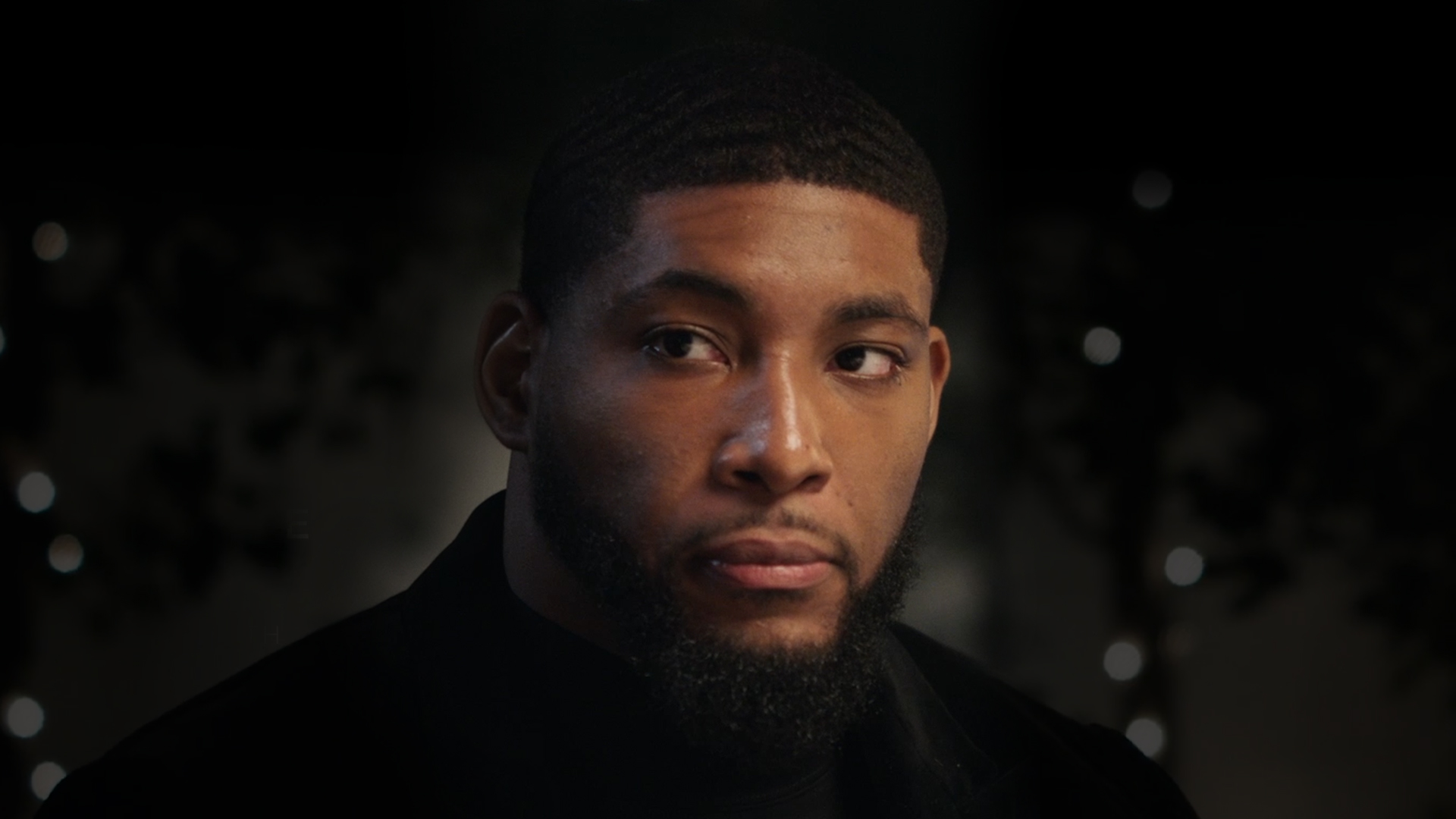“A lot of people think that I was strong all the time, but I really wasn’t.” – Devon Still
One of man’s most infamous traits to this day has been the ability to suppress the urge to communicate emotions, regardless of how dire the circumstance. Be it fear or joy, excitement or anxiety, life or death, every man has felt the need to celebrate alone or suffer in silence at the greatness of milestones and the lowest of points. While it has surely been a commonality amongst all of humanity at some point, men, specifically, have been raised to stuff it down, man up and hide who they are in order to maintain appearances, show superiority and remain dominant by creating the illusion of strength.
That amount of weight is a boulder that will eventually crush, if not for fellow shoulders to fall on.
In the world of caregiving, men who care for others on their own, men with no community, are some of the most silent of sufferers there are, these giving ghosts that nobody is aware of. This kind of life, strangely enough, only exacerbates the condition and its ensuing emotions. Anxiety is compounded with anxiety about having anxiety when there is no release, fears multiply and thrive when they cannot be released and the silent suffers only suffer more when they feel they have no community with which to share. It can be some of the loneliest and isolating existences ever.
But it doesn’t have to be this way. There are so many men who care for others, approximately 40 percent of the 53 million caregivers in America. So this incredibly lonely and isolating feeling is heavily pervasive in our society, and yet nobody has created or facilitated an outlet for ideas and experiences to be shared, nobody is caring for the caregivers. Therein lies the opportunity for someone, something to speak up and say:
You are not alone.
If men were to be cast as a movie, then these caregivers could be our captains, our saints and our martyrs, except this is no movie at all. These people take on so much of the weight and so much of the sacrifice, and many we don’t hear about until long after the caring is done and the negative aspects and manifested. This is the quiet life of a caregiver, and they not only need our help to be recognized after but during their caregiving. We must learn to act responsibly for our fellow man and our fellow woman, to create a support system for them to share their experiences, reminisce over the joys and cry their hearts out over the pain, simply to lighten their load for a change.
“Until having to become one myself, “caregiver” was just a word to me,” my dad said. My father recently cared for my ailing grandfather for more than a year until his death, staying with him for days, sometimes weeks, at a time so my grandpa could stay in his own home, being surrounded by close family when COVID-19 had locked down nursing homes. He put his own health at risk caring for him, alongside the occasional visiting nurse, putting his marriage and cushy retirement on hold for those final shared moments.
“I never knew how hard it was every single day to care for someone you love, especially for a dying parent. I wouldn’t wish that for anyone,” he told me.
My grandfather weighed 155 pounds at the start of 2019. He died weighing only 89 pounds.
Think of someone you know who takes care of someone else daily. It could be a father or mother, a son or daughter, a neighbor or teacher or anyone who puts someone else’s health ahead of theirs. What do they look like? Think of how much they do for those people, how thankless some of those days may seem, how they do it without question on other days. Think of how lonely, exhausting and sleep-deprived their nights are, how much anxiety and fear may fill their days. Think of the joy they bring to those who are sick, those who are spending their last days on Earth. Think of those people, then think of what it would be like to one be those caregivers, and finally, think of how great it would feel for someone to reach out to you in that moment and simply say:
I know how much you do. I know the weight you carry. I’m here if you need me. You are not alone.
Who is a male caregiver in your life? Are you one of them? How do we celebrate them, how do we recognize them? We share their stories.
Share their story. Share your story. Courage is contagious.
For more information about Caring Across Generations, visit their website and follow them on social.

